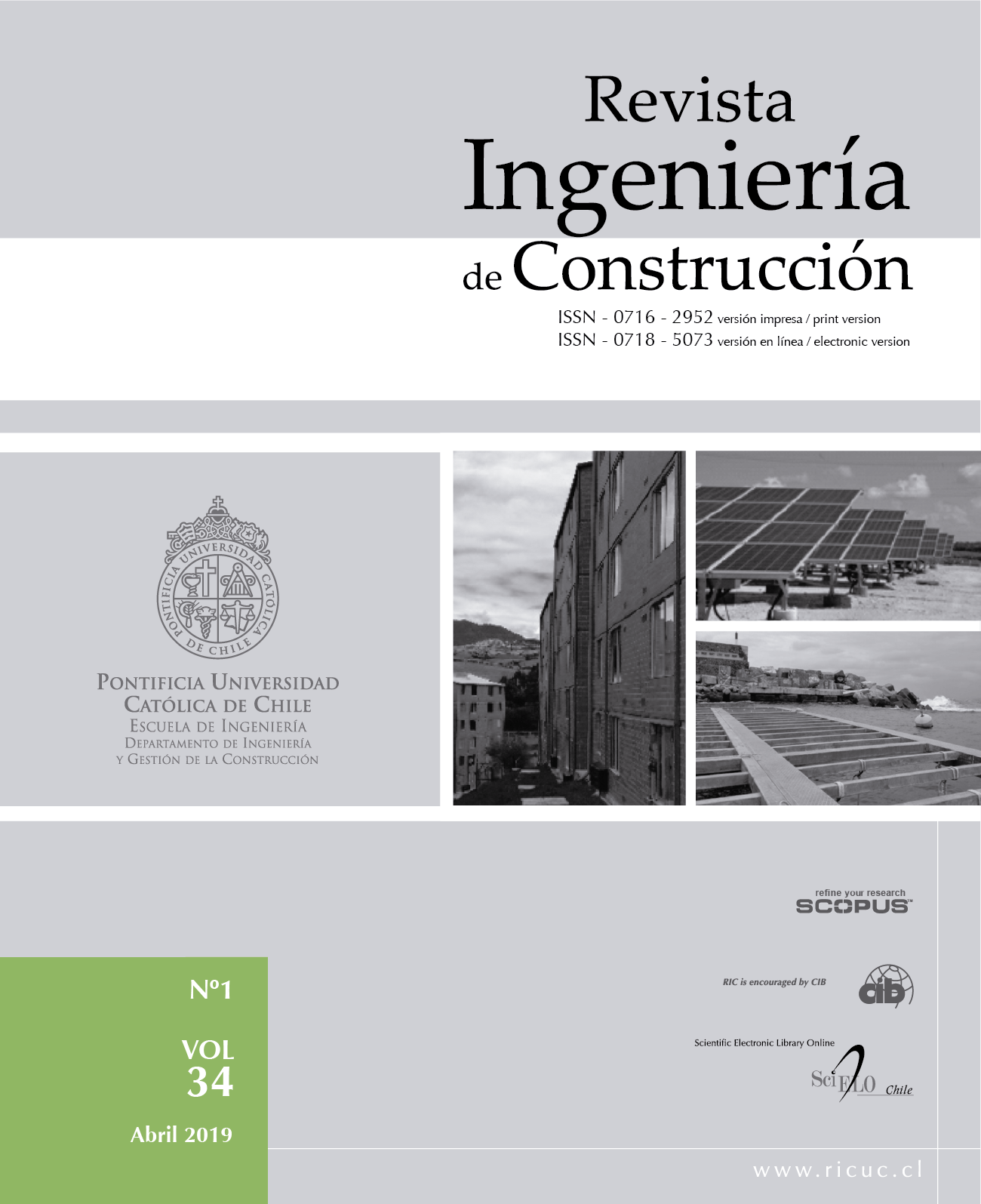Environmental and cost feasibility analysis when implementing LEED certification: a case study applied to an affordable housing project in Bogota D.C.
DOI:
https://doi.org/10.4067/S0718-50732019000100099Keywords:
Affordable housing, LEED certification, LEED BD C Homes, net present value, cost effectivenessAbstract
This article presents the alternatives resulting from the analysis of environmental feasibility and its associated costs, based on the incorporation of the sustainable criteria determined by the LEED certification, for the development of a case study in affordable housing, in the city of Bogotá D.C. The methodology is based on the standards set by LEED BD+C Homes for the Design and Construction of Multifamily Midrise Buildings. A propositional study is developed through financial scenarios, in order to evaluate if these technologies in affordable housing are feasible from the investment perspective of builders in Colombia, considering that to this date the implementation of criteria that will lead to the LEED certification has not been applied to this type of projects. The findings allow us to distinguish barriers and opportunities from the prominent implications of the inclusion of these sustainable technologies in low-income housing.


